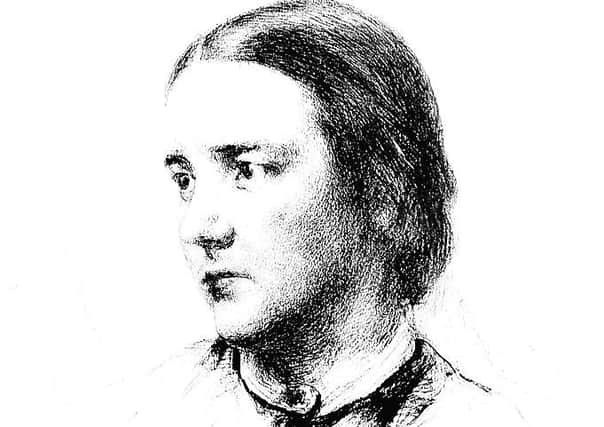How 7 women battled for the right to study medicine in Edinburgh


The unrest followed months of bullying of female medical students at Edinburgh University and ultimately helped secure the rights of women to access university education and qualify as doctors.
Sophia Jex-Blake led the fight of the seven, which included Isabel Thorne, Edith Pechey, Matilda Chaplin, Helen Evans, Mary Anderson, and Emily Bovell.
Advertisement
Hide AdAdvertisement
Hide AdIn 1869, they became the first women to matriculate at a British University but were charged higher fees and forced on occasion to organise their own lectures.
At the time, classes taken by women were taken separately and graded differently to those sat by male students, even though the lectures were identical. Diminished scholarship opportunities were on offer to female students as a result.
According to Edinburgh University, the everyday jealousy the male students exhibited was vile. The men made life as difficult as possible for the Edinburgh Seven, shutting doors in their faces, howling at them and behaving aggressively.
Events came to a head at their anatomy exam on November 18 1870.
Several hundred male students pelted the women with mud and rubbish as they arrived. The women struggled through the crowd until a supporter unbolted a door to hurry them inside. The rioters shoved a live sheep, used by the medical faculty, into the exam hall, causing further chaos.
Jex-Blake was later sued by a student, Mr Craig, who she claimed was at the root of the riot, but she defended his claim. The court awarded him one farthing instead of the £1,000 he sought in damages and the case was seen as a victory for the Edinburgh Seven.
Public support for the women started to grow with a report in The Scotsman urging “all...men...to come forward and express... their detestation of the proceedings which have characterised and dishonoured the opposition to ladies pursuing the study of medicine in Edinburgh.”
Advertisement
Hide AdAdvertisement
Hide AdThe decision to allow them to study was later overturned on an appeal by Claud Muirhead, Senior Assistant Physician at the Royal Infirmary, supported by around 200 students.
Unable to graduate, the battle moved to London. Jex-Blake was instrumental is setting up the London School of Medicine for Women.
In 1876, the Enabling Bill gave medical examining bodies the right to admit women. Jex-Blake and Pechey did their MD in Berne, Switzerland, then sat the Irish exams with the College of Physicians in Dublin, finally becoming registered doctors in Britain.
In 1877, Jex-Blake opened Edinburgh School of Medicine for Women and Edinburgh Hospital and Dispensary for Women the following year.
A plaque marking the work of the Edinburgh Seven now hangs in Surgeon’s Hall.
